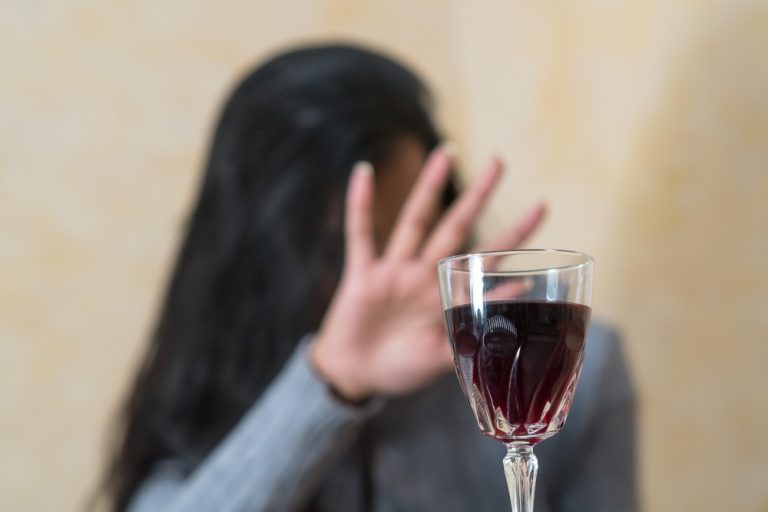I’ve been an alcoholic for years , I’ve been noticing the numbness in my toes and fingers little by little but had no idea about neuropathy until I looked up the relationship this week. Physical therapy and orthopedic appliances (such as splints) may be needed to maintain muscle function and limb position. Begin your journey to recovery with personalized drug & alcohol rehab—verify your insurance coverage in under a minute. If hospitalised, the patient will have the advantage of constant evaluation and adjustments in medication.
- Another common symptom of alcoholic neuropathy is increased sensitivity to pain, touch or temperature changes.
- Note that the disorder might not be completely reversible, so managing the symptoms comes into play.
- Key Takeaways Alcohol treatment centers are beginning to include functional…
- Physical therapy can help improve balance and muscle strength, while pain relief options, such as medications and alternative therapies, may ease discomfort.
- Damage to peripheral nerves by these drugs is called chemotherapy-induced peripheral neuropathy, abbreviated as CIPN.
How Does the Recovery Process Feel Like?
By combining nutritional support, medication, rehabilitation therapies, and lifestyle modifications, you can work towards a better prognosis for alcoholic https://robbymatthews.com/what-to-know-about-sober-living-vs-rehab/ neuropathy. At Sabino Recovery, our residential mental health program provides the holistic care and clinical expertise necessary for healing from conditions like alcoholic neuropathy. Our comprehensive approach includes nutritional therapy, physical rehabilitation, and emotional support tailored to your needs.
Can I recover from alcoholic neuropathy while still drinking?
With medical detox, holistic therapies, and a luxury setting that honors your humanity, we’re here to help you not just survive—but thrive. Key Takeaways Group therapy provides people with opioid addiction a… Key Takeaways Alcohol treatment centers are beginning to include functional…
Alcoholic Neuropathy: How Alcoholism Harms the Nervous System
It is one of the many symptoms of alcohol addiction and can have a serious impact on quality of life. However, South Carolina remains at risk due to high levels of excessive alcohol consumption among its population. To prevent the development of alcoholic neuropathy, the most effective approach is abstinence or at least moderate alcohol use. Limiting your alcohol consumption not only lessens the risk of peripheral neuropathy but also improves your overall health.
It’s about understanding the role alcohol plays in our lives and finding healthier alternatives to cope with stress, socialize, and relax. Recovery time depends on the severity of nerve damage and how quickly treatment begins. The single most important step is to stop drinking alcohol immediately. In mild to moderate cases caught early, significant recovery is possible with complete sobriety and proper treatment.
In this condition, protein from broken-down muscle enters the bloodstream, accumulating in the kidneys and leading to lasting kidney damage. Rhabdomyolysis can lead to kidney failure and may require hospital treatment. Neuropathy can progress significantly faster if alcohol abuse is more severe. Alcohol has toxic compounds and chemicals that disturb one’s metabolism, and affect a person’s nervous system. Successful treatment of alcoholic neuropathy is possible in cases, which are detected in time and are less complicated with other problems.
With the alcohol neuropathy stages constant sensory damage, people will experience a lack of sensation in their feet and hands. Their wounds can be prone to bleeding and infections, which will impair their daily activities. This condition typically causes constant pain in the feet and hands.

Heavy, long-term alcohol consumption damages both the central nervous system and peripheral nerves, leading to neuropathic symptoms. Recovering from alcoholic neuropathy Alcoholics Anonymous takes time, patience, and effort. The sooner someone stops drinking and seeks treatment, the better their chances of healing and preventing further damage. While full recovery is possible for some, others may need ongoing treatment to manage symptoms.
Urinary and Bowel Symptoms
Severe nerve degeneration and demyelination are not fully reversible, even with abstinence and therapy. The extent of permanence depends on how long the alcohol misuse continued, the individual’s nutritional status, and how quickly treatment begins. Therapeutic intervention addresses the emotional toll of alcoholic neuropathy and supports long-term recovery. Counseling corrects harmful thought patterns, reduces anxiety, and reinforces commitment to sobriety.
A balanced diet rich in essential nutrients also plays a supportive role in nerve repair. People with alcoholic neuropathy have peripheral nerves damaged by excessive alcohol consumption. We’ve all heard the devastating effects of alcohol dependence on the body and the mind. Cirrhosis of the liver, pancreatitis, mouth and throat cancers, hepatitis – these are just some of this disorder’s risks. One of the lesser–known effects, however, is alcoholic neuropathy, a damaging of the nerve cells that can cause pain, burning sensations, numbness, and a variety of other problems as well.

Can Alcohol Neuropathy Be Cured? Treatment Options
- As mentioned above, recovery from alcoholic neuropathy is not assured.
- Nerve damage takes time to heal, and in some cases, it may not fully reverse.
- These vitamins can help your body repair all the damage that it can.
- And, like wiring, those axons are wrapped in an insulating material — not rubber or plastic, of course, but a fatty substance called myelin.
Keep reading to learn more about the symptoms, causes, and treatments for alcohol-related neuropathy. Reframe supports you in reducing alcohol consumption and enhancing your well-being. If quitting feels challenging, hypnosis for alcohol control can help rewire drinking habits at the subconscious level. The Reveri hypnosis app offers a scientifically backed approach to managing alcohol dependence. Most people benefit from ongoing support through aftercare planning to maintain sobriety and continue physical rehabilitation.

